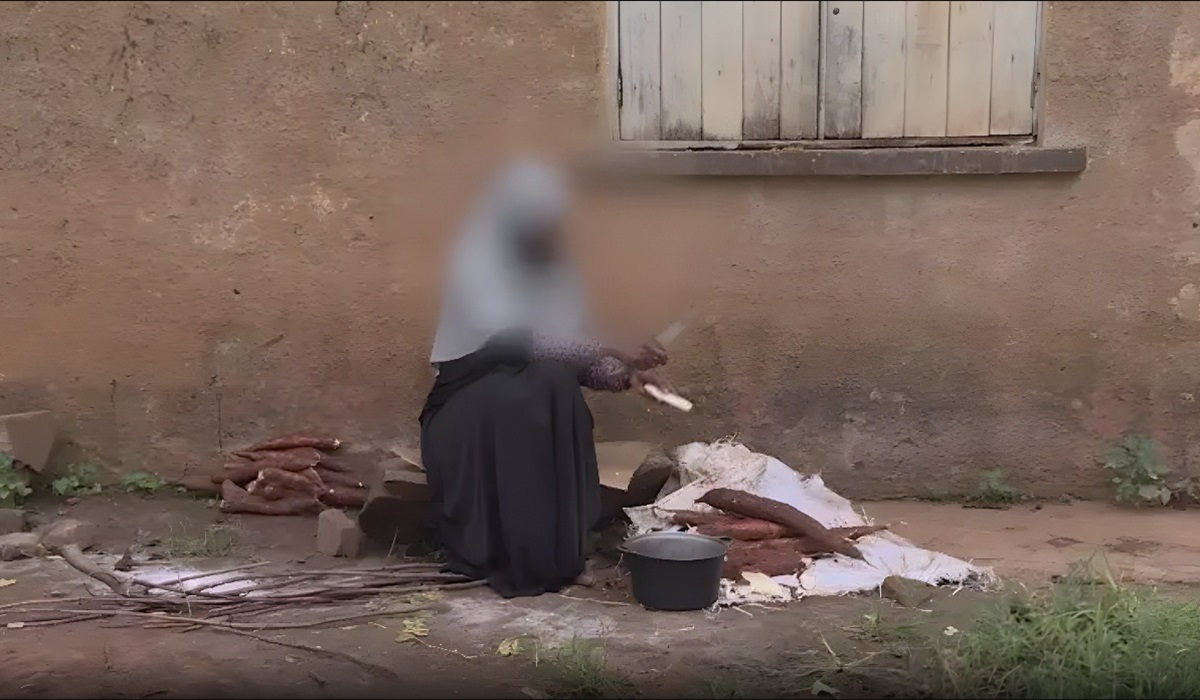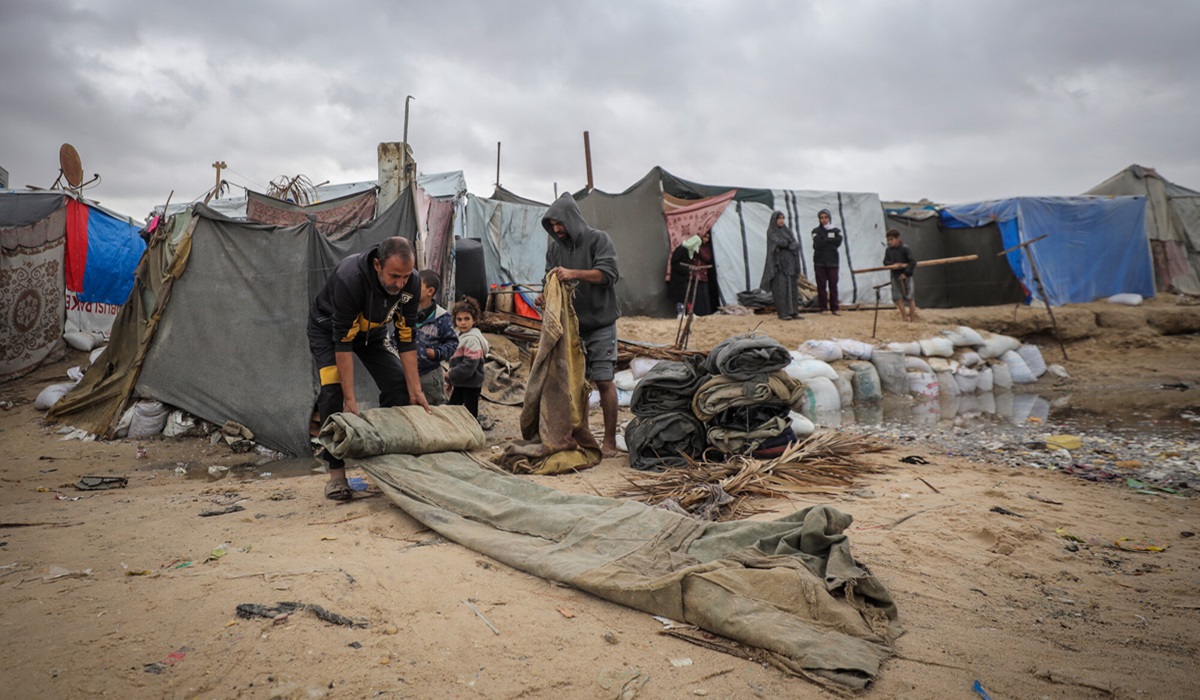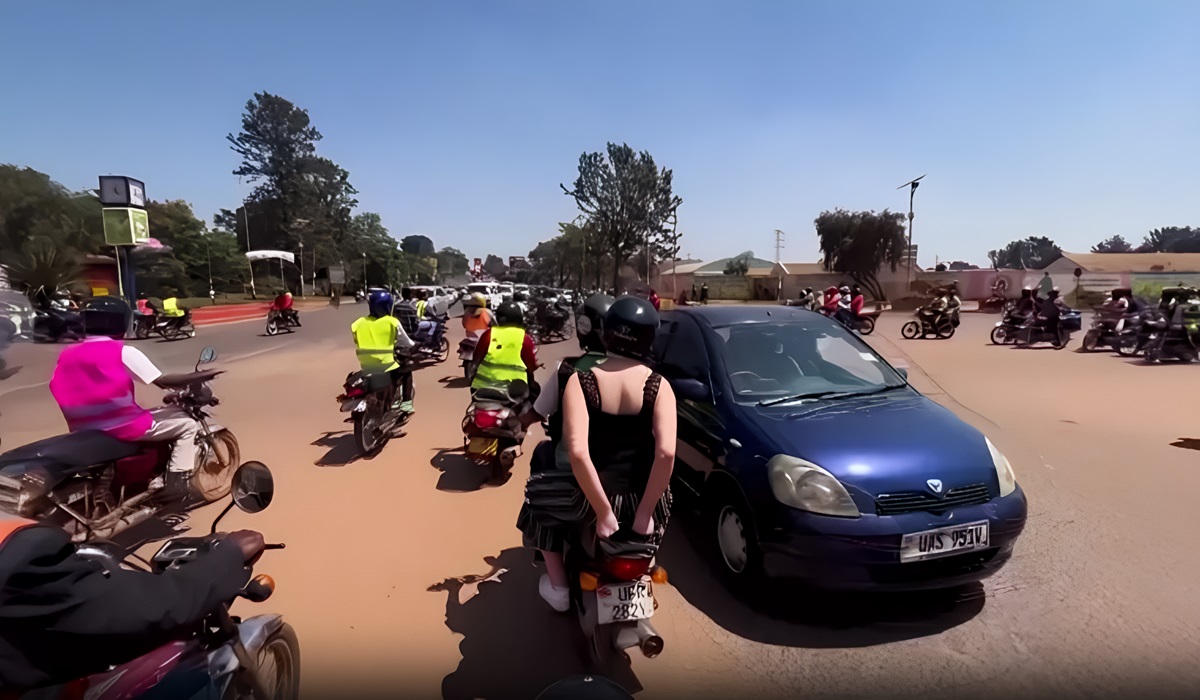Image Credit, LS CGTN Kampala Uganda
Human trafficking remains a persistent challenge in Uganda, where the allure of overseas employment continues to ensnare thousands of vulnerable citizens each year. While the government has made significant strides in combating the issue, experts and officials agree that a comprehensive, community-wide approach is essential to eradicate the problem.
Mariam, a pseudonym for a survivor who recently returned to Uganda, shared her harrowing experience in the Middle East. Like many Ugandans seeking better opportunities, she was promised an office job abroad. Instead, she was coerced into working as a housemaid under inhumane conditions.
“I told the company that received me that I had come to work as an office attendant and not as a house-help. When they refused to give me the job I wanted, I insisted on being returned to Uganda. Instead, I was tortured,” Mariam recounted, her face obscured to protect her identity.
Mariam’s ordeal is a stark reminder of the dangers posed by unlicensed recruitment companies that prey on vulnerable individuals. These illicit organizations exploit the desperation of Ugandans facing limited opportunities at home.
Uganda’s State Minister for Labour, Esther Davinia Anyakun, highlighted the role of these unauthorized companies in facilitating human trafficking. “People are being trafficked by those companies that are not licensed by the government, and this is how they end up in those foreign countries. They end up doing things that are unlawful,” she explained.
The statistics paint a grim picture. This year alone, over 1,000 victims of human trafficking have been identified and rescued in Uganda. However, this number represents only a fraction of the true scale of the crisis. Victims are often between the ages of 13 and 24, with many trafficked for labor exploitation abroad or, disturbingly, for sexual exploitation within the country.
Leon Ssenyange, reporting from Kampala, emphasized that while Uganda has not yet met the highest standards for eliminating trafficking, significant progress has been made. Authorities have implemented strict registration and regulatory measures for recruitment agencies, alongside a tracking mechanism to monitor Ugandans working overseas. Known as the Employment Management Information System (EMIS), this platform helps the government track workers’ locations and ensure accountability from foreign employers.
“The EMIS system is able to coordinate all the people we are sending. We are able to know where they are and also coordinate with the company that is receiving them on the other end,” Anyakun added.
Despite these advancements, the trafficking of children remains a critical concern. This year, more than 1,900 Ugandan children have been reported trafficked within the country, primarily for sexual exploitation. These alarming figures underscore the urgent need for expanded interventions to protect the nation’s youth from exploitation.
Uganda’s efforts to combat human trafficking are commendable but insufficient on their own. Officials stress the importance of engaging multiple stakeholders, including local communities, civil society organizations, and international partners. Public awareness campaigns, stricter enforcement of existing laws, and enhanced cross-border cooperation are all vital components of the fight against this modern-day scourge.
Mariam’s story is just one among countless others, illustrating the devastating impact of human trafficking on individuals and families. While her return to Uganda marks the end of her ordeal abroad, the trauma lingers—and her case serves as a rallying cry for more comprehensive action to protect vulnerable populations and bring traffickers to justice.









